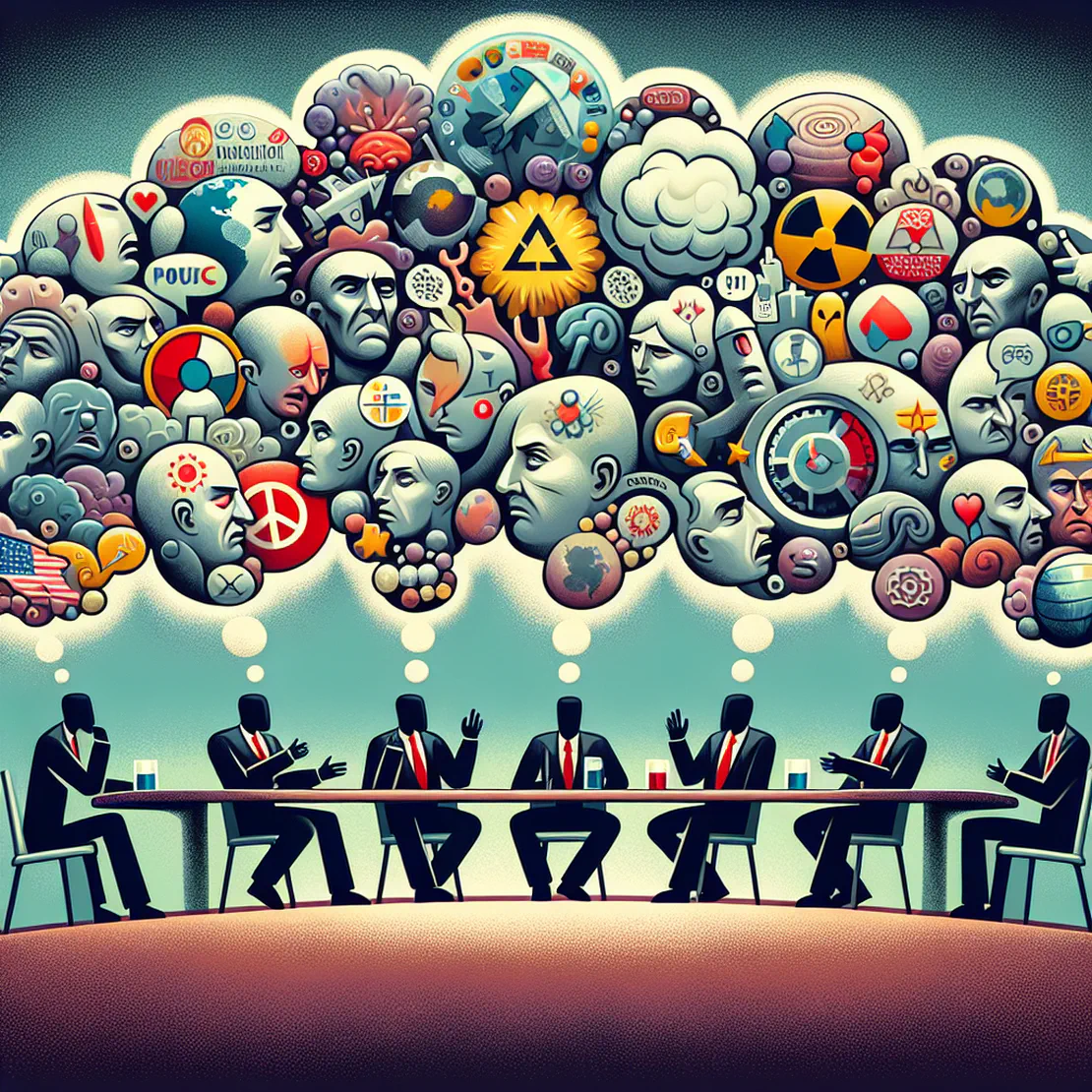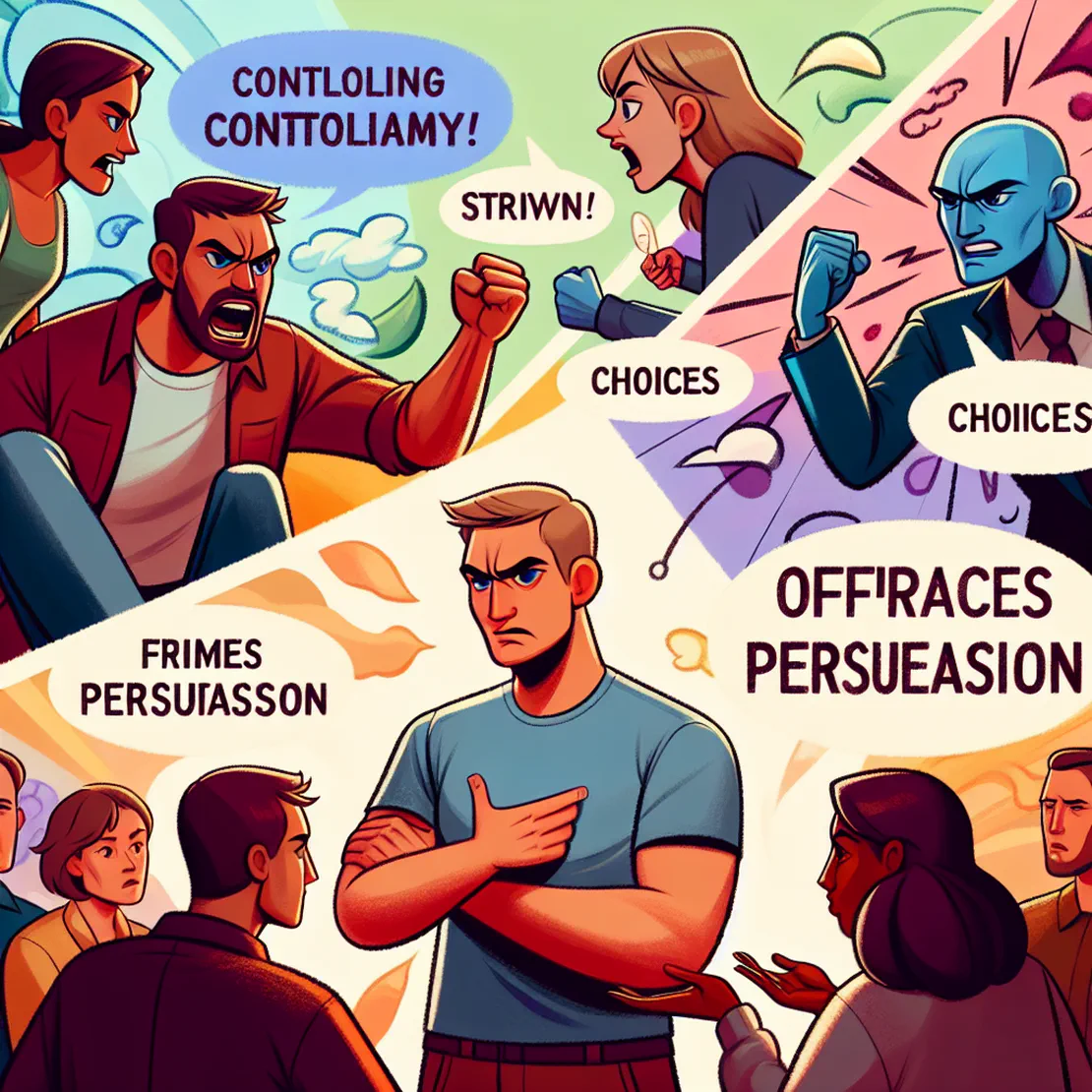
#2206 - Chamath Palihapitiya
- The Joe Rogan Experience
- Please provide the text you would like me to analyze.
- September 25, 2024
Table of Contents
At a Glance
-
Concerns about ADHD Medication - ‘You know, I’ve talked to many people who have varying opinions on whether or not that’s an actual condition or whether or not there’s a lot of people that have a lot of energy and you’re sitting in a class that’s very boring and they don’t want to pay attention to it. So instead, you drug them and you give them medication that is essentially speed and lets them hyperfocus on things’ - Highlights the ongoing debate and concerns regarding the diagnosis and treatment of ADHD in children, emphasizing the potential overmedication issue.
-
The Future Role of AI in Education - ‘We are going to create computers that are able to do a lot of the rote thinking for us. What that means is, I think, the way that humans differentiate ourselves is that we’re gonna have to have judgment and taste.’ - Points to the shifting landscape of education and the essential human skills that AI cannot replace, stressing the importance of teaching critical thinking over rote memorization.
-
Media’s Role in Political Perception - ‘It’s so such a weird environment the the left and right there’s no like centrist news source on television. There’s no like this is probably what’s going on news source. It’s always one or the other’ - Critiques the polarized nature of current media, highlighting the lack of moderate, balanced news sources which contributes to a divided public opinion.
-
Misrepresentation in Media - ‘When I first heard the media depiction of it, I was really upset because of what I thought he said. It turned out he didn’t say it. In fact, not only did he not say it, he said the exact opposite.’ - Discusses the consequences of media distortion and misrepresentation, using a specific example to underline the importance of verifying facts independently.
-
Impact of Food Industry on Health Messages - ‘They pay people to be influencers, and they’re getting paid by these food companies to say these nonsense things that are scientifically, factually incorrect.’ - Criticizes the influence of the food industry on public health messages, stressing the problem of funded misinformation that affects public health perceptions and policies.
What to Do
-
‘Focus on teaching kids to think, not just memorize’ - Emphasizes the importance of developing critical thinking skills in children to prepare them for a future where computers handle rote memorization.
-
‘Increase support and compensation for teachers’ - Acknowledges the evolving role of teachers in fostering critical thinking and reasoning in students, which is crucial in a technology-driven world.
-
‘Promote health and wellness nationally’ - Highlights the need for a cultural shift towards genuine health awareness and away from misleading health claims sponsored by profit-driven entities.
-
‘Reevaluate the educational system to adapt to future needs’ - Suggests that the current education system needs to be revamped to focus more on skills like judgment and interpretation that computers cannot easily replicate.
-
‘Utilize multiple messengers to deliver important messages’ - Recommends using various credible voices to convey critical messages, ensuring broader acceptance and understanding among diverse audiences.
-
‘Think critically about political messages’ - Encourages a deeper analysis of political agendas beyond the charisma or presentation of the politicians, focusing on the substance of their policies and their implications.
-
‘Consider the implications of executive power’ - Advises the public to think about the extent of executive authority they are comfortable with, especially in terms of unilateral actions that can be taken through executive orders.
What to Get
-
Neuralink - Mentioned as a form of programming the mind to change behavior patterns related to food choices, potentially as a health intervention.
-
Starlink - Initially given a project to provide rural broadband, indicating its use in communication and internet services.
-
AI government - Concept of an automated, unbiased government system, could be studied to understand human governance and administrative processes.
Summary
This podcast episode features a dynamic and in-depth conversation that explores a range of contemporary issues, particularly focusing on politics, the influence of the media, education, and the potential implications of artificial intelligence on society. The dialogue is rich with insights and opinions, offering listeners a comprehensive look at various topics relevant to current affairs and technological advancements.
The episode delves into the political landscape, highlighting the critical nature of presidential decisions, especially concerning the use of nuclear authority. The discussion underscores the importance of leadership qualities under extreme pressure, referencing historical figures like JFK to illustrate ideal presidential behavior in crisis situations. The conversation also considers the polarizing impact of certain political figures and stresses the importance of understanding both domestic policies and the nuances of executive power, such as the ability to issue executive orders.
A significant portion of the dialogue is dedicated to the media’s role in shaping public perception and discourse. The speakers critique the current state of news, emphasizing its shift from informative reporting to a more opinion-based model driven by clicks and engagement. This transition is attributed to the changing business models in journalism, where sensationalism and outrage have become more profitable than nuanced and balanced reporting.
Education is another critical topic addressed in the episode. The conversation critiques the traditional educational models, suggesting that they are ill-suited for the modern world, particularly in an era where artificial intelligence is poised to take over many cognitive tasks. The speakers argue for a radical transformation in educational approaches, advocating for personalized learning pathways that cater to individual strengths and interests, which could foster both personal and societal growth.
Lastly, the podcast touches on the implications of artificial intelligence, emphasizing the need for humans to develop skills that machines cannot easily replicate, such as judgment, taste, and interpersonal skills. The future of education, according to the speakers, should focus on teaching students to think critically and creatively rather than memorizing facts that are easily accessible through technology.
Overall, the podcast episode offers a thought-provoking look at how politics, media, education, and technology intersect, shaping the future in significant ways. The speakers provide a compelling narrative that encourages listeners to think critically about the direction in which society is headed and how best to prepare for the changes brought about by technological advancements.


